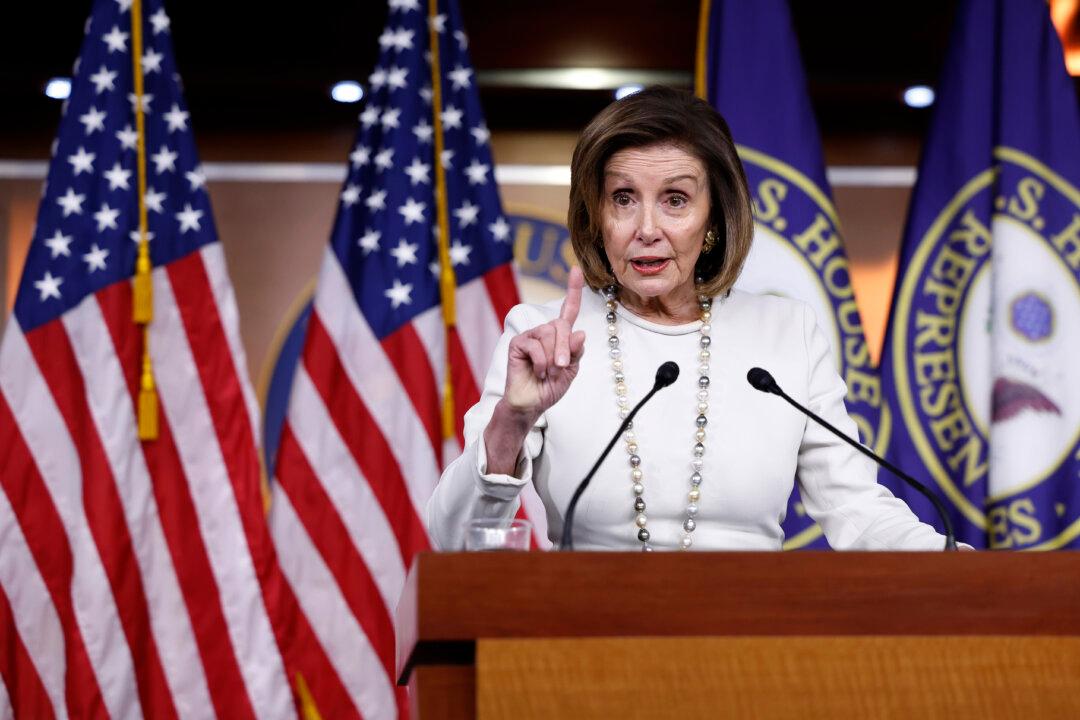House Democrats might release former President Donald Trump’s tax returns, Speaker of the House Nancy Pelosi (D-Calif.) said on Dec. 1.
The decision would be up to Ways and Means Committee Chairman Richard Neal (D-Mass.) and members of the panel, Pelosi said.





